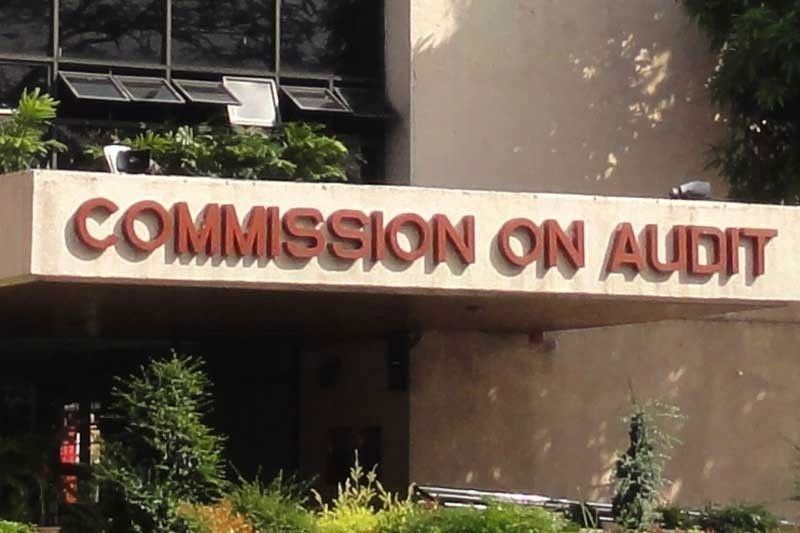COA explores AI in detecting anomalies

MANILA, Philippines — The Commission on Audit (COA) has begun exploring the use of artificial intelligence (AI) to help its auditors sort and process large volumes of government records for faster detection of anomalous transactions.
In a statement, the COA said its Project MIKA-EL or Machine Intelligence, Knowledge-based Audit, and Experience Learning, launched last month, aims to increase the auditors’ efficiency especially in remote audit works in light of the coronavirus disease pandemic.
“With MIKA-EL, we intend to leverage technology in government audits,” COA chairperson Michael Aguinaldo said.
“We are exploring the use of electronic evidence, continuous auditing techniques, advanced data analytics, and even artificial intelligence in the early detection of anomalous transactions,” he added.
With the use of information technologies including AI, Aguinaldo said the country’s supreme audit institution (SAI) will be more efficient in crunching big data for more in-depth and timely audit reports.
“[The] role of big data in the activity of this SAI will make a difference,” he said.
In a presentation held last Sept. 25, project lead director Marlon Marquina of the COA’s Information Technology Audit Office, Systems and Technical Services Sector (STSS) said that MIKA-EL aims to make COA fully capable in conducting remote auditing.
“Upon instruction of the chairperson, the STSS proceeded in the research and in exploring the possibility of using technology in public auditing. We are to assist the audit clusters in processing available digital data and to build capability in remote audit by end of 2021,” he said.
Marquina explained that Project MIKA-EL has two main features – the uploading portal and the dashboard.
The uploading portal is a web-based utility that allows audited agencies to electronically submit documents to auditors by sending them through the portal.
In a statement, the COA said the digital portal “may eventually solve the issue of storage space for documents in auditing units by slowly shifting to a paperless submission of documents to the auditor.”
Meanwhile, the dashboard displays initial findings derived from the analysis of audited agencies’ data which undergoes cross-referencing procedure with the data of other government offices, government corporations and local government units.
“The objective of the AI audit-assistant is to bring to the attention of the concerned COA auditor those out-of-normal transactions for a closer look and earliest possible detection of fraud,” read the statement.
It said the dashboard also has a facility to make the findings transparent to the concerned cluster directors, assistant commissioners, and Commission proper members, regardless of their locations, which is fitting under the new normal.
The dashboard will be available through different devices such as mobile phones and tablets for maximum accessibility.
Project MIKA-EL also has security and segregation features to ensure that the data and information uploaded on the portal will only be accessed by authorized auditors and their superiors.
The MIKA-EL website can be accessed at https://mika-el.coa.gov.ph/
- Latest
- Trending






























